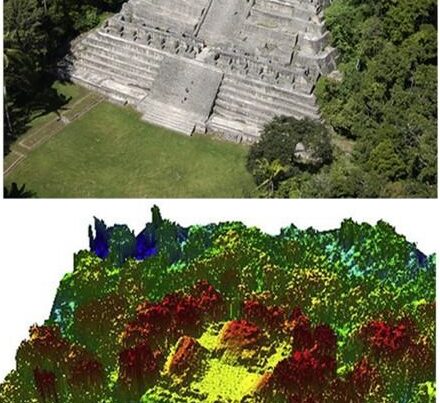by Vouvoudi E.C., Morfis P.D., Chatzicharistou, E.A., Tamias G.A. and Achilias D.S.
ABSTRACT
Cyanoacrylate adhesives, although not widely used in substrates’ maintenance compared to other polymeric materials, do find application for direct, instant welding. Their use is recommended against epoxies and acrylics in cases of easier application and faster polymerization. The objective of this study is the investigation of the commercial polycyanoacrylate adhesive of medium viscosity Loctite® Super Attack Glass (Henkel Germany) regarding its suitability for glass consolidation initially for a test glass plate. More specifically, the choice of the adhesive (glue) was based on the advantages it claims to offer, such as reversible results and the clarity that is maintained over time at the area of use. The aim of the research is to evaluate a) its functional groups, using the FTIR technique and b) the change of the colour or thermal behaviour of the specimen after its submission to conditions of accelerated ageing with UV irradiation, heat or pyrolysis. It was found that under usual ambient conditions the glue does not change its physical characteristics (elasticity, colour, transparency) while a certain deterioration is noticed when the glue meets abusive conditions. The UV irradiation provokes yellowing in short time, the thermal ageing is harmful at 75 oC after some days, while pyrolysis highlights some volatile by-products emerged by the adhesive when treated at high temperatures. The potential of using polycyanoacrylate adhesive as a restorative material for cultural heritage glass artifacts, direct welding under mild, controlled conditions is proposed in controlled environments.
![]()



